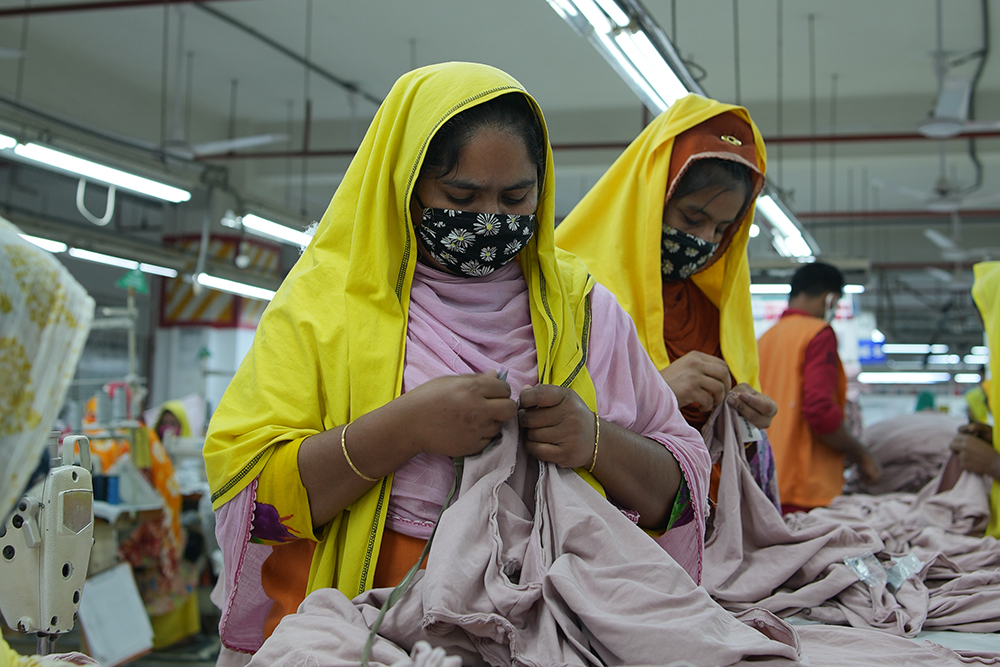

Amid ongoing protests in Bangladesh by garment workers in relation to an inadequate minimum wage increase that is not enough to cover living costs, buyers and NGOs alike have called for higher wages. Knowing how important decent salaries are to maintain basic child rights for the children of Bangladesh’s garment workers, we wholeheartedly support the need for higher wages. We do want to point out however that a one-sided call for higher wages that is not matched with responsible purchasing practices from buyers, might inadvertently intensify the prevalence of child labour.
Quite bluntly put, as long as brands don’t pay factories more, factories will be compelled to find ways to lower their production costs. This can take the form of outsourcing processes to sub-contractors. These sub-contractors who are often off the “social compliance grid”, can produce at cheaper costs precisely because they do not follow national and international labour and health and safety standards. The Centre has been involved in a range of worst forms of child labour cases in Bangladesh found in unauthorised sub-contractors. While most buyers are only aware of conditions in their first-tier suppliers, instances of child labour have been discovered in the lower tiers. These children, typically 11 or 12 years old, are found to be working long hours in often abominable conditions.
Factories may also resort to cost-cutting measures, such as hiring short-term or daily labourers or short-term contractors who hire children or young workers without age verification. Recent cases of child labour included children who were hired for short-term tasks such as loading and unloading, handling waste or temporarily filling in for simple processes such as packaging, trimming and helping operators.
In addition, high pressure on the factories increases the risk of workers having to work faster and longer for no extra pay. Multiple child rights studies conducted by The Centre have shown that long working hours contribute to children being neglected, dropping out of school, and consequently, being at a higher risk of engaging in child labour. Lastly, we have observed multiple examples globally where in high-pressure moments, factories reduce benefits and contributions to social security systems – another factor that will increase risks for children if their parents lose their social security nets.
In short, a pay increase without restructuring of buyers’ purchasing practices and prices can create unintended negative consequences for children, factories and buyers. For buyers, prioritising fair wages in purchasing practices is therefore not just an ethical choice; it is also strategically crucial. Adjustments to purchasing practices and pricing structures need to go hand in hand with wage increases.
By using this website, you agree to our use of cookies. We use cookies to provide you with a great experience and to help our website run effectively.